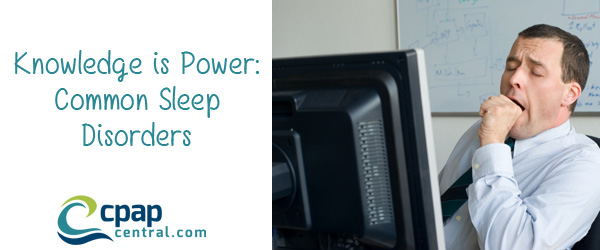
Many beginning CPAP users find it difficult to adjust to wearing a mask, and seek out alternative ways to fall asleep. Many turn to over-the-counter sleep aids to help them nod off. But, before you pop a sleeping pill, you might want to consider a few of the side effects.
Sleeping pills are drugs better known as sedative hypnotics. Sedative hypnotics induce or maintain someone’s sleep by increasing how drowsy they feel. Sleeping pills are designed to depress the central nervous system and cause you to fall asleep. Some drugs available over-the-counter are designed to shorten the time it takes to fall asleep. But, in the long run these medicines can do more harm than good.
Sleeping pills have many side effects, which can be a disadvantage when you have respiratory problems like COPD or sleep apnea! Be aware of these symptoms if you currently use sleeping pills:
- Burning in your hands, arms, feet or legs
- Tingling in your hands, arms, feet or legs
- Appetite or mood changes
- Constipation, along with diarrhea
- Dizziness and balance problems
- Headache
- Heartburn
- Weird dreams
- Weakness
If you or a loved one experience these symptoms while using sleeping pills, please seek medical attention and quit taking the medicine. Some of the ingredients in sleeping pills may be causing an allergic reaction that you’re not used to.
Try some of these easier ideas to help gain the sleep you’re looking for:
- Melatonin is a herbal remedy for achieving better sleep
- Drink warm milk
- Read before bed as it relaxes your body and mind
- Exercise regularly and put a focus on eating a more balanced diet
- Try listening to relaxing music throughout your day
Remember, if it’s a matter of getting used to a new CPAP mask, you can always turn to CPAPCentral.com for help. We have a wide variety of CPAP masks, and can find one that meets your needs.


